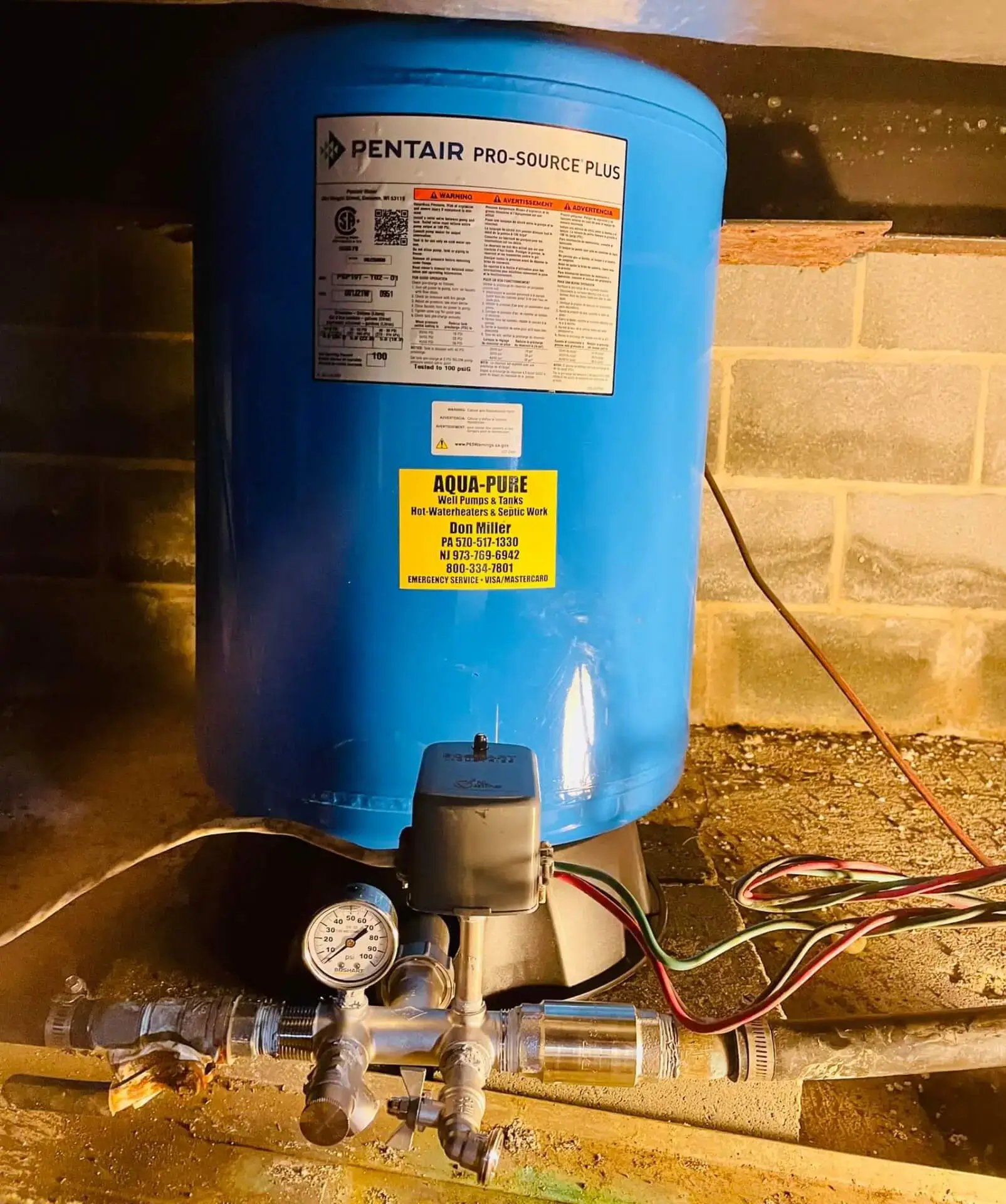Comprehending the Trick Components of Effective Water Filtration Systems

Value of Water Filtration Systems
Water purification systems play a vital function in ensuring accessibility to clean and safe drinking water by effectively getting rid of contaminations and pollutants. These systems are vital in dealing with the expanding worries over water high quality and the potential wellness threats connected with consuming infected water. By making use of different filtering devices such as reverse osmosis, triggered carbon, and UV sterilization, water purification systems can effectively eliminate unsafe materials like germs, viruses, heavy steels, and chemicals from the supply of water.
Furthermore, water purification systems help to boost the taste and smell of water by getting rid of chlorine, debris, and other pollutants that can influence its quality. Water Softeners. This improvement in water high quality not only makes it a lot more palatable yet likewise urges individuals to consume a sufficient quantity of water daily, promoting much better hydration and total health
Sorts Of Filtering Elements

Physical filters are made to physically stress out pollutants from the water. These filters can be constructed from materials like ceramic, carbon, or perhaps sand, and they function by trapping bits bigger than the filter's pores as water goes through.
Chemical filters utilize numerous chemical procedures to eliminate impurities from the water. Examples include turned on carbon filters, which adsorb impurities, and turn around osmosis membranes, which utilize stress to different contaminants from the water.
Biological filters use living organisms like algae or bacteria to damage down raw material and toxins in the water. These filters are commonly made use of in wastewater treatment plants or all-natural water filtration systems.
Recognizing the various kinds of filtering components is important for picking the most suitable water purification system for particular filtration requirements.
Feature of Debris Filters
Sediment filters play a critical duty in water filtering systems by successfully catching strong bits put on hold in the water. These filters are usually the initial line of protection in a filtration system, removing bigger bits such as sand, silt, dust, and rust prior to the water relocates via finer purification stages. By trapping these debris, the filters prevent them from getting to downstream parts, thus extending the life-span and performance of the entire system.
The feature of sediment filters is important in preserving water high quality and safeguarding delicate tools from damage brought on by particles. Additionally, by getting rid of noticeable bits, sediment filters enhance the clearness and taste of the water. Frequently cleansing or changing sediment filters is necessary to make sure optimum efficiency. Ignoring this upkeep can lead to blocking, reduced water flow, and endangered purification efficiency. On the whole, sediment filters are essential parts that add considerably to the effectiveness of water filtration systems.
Role of Activated Carbon Filters
Playing an essential role in water filtration systems, triggered carbon filters are find more information instrumental in getting rid of impurities and contaminants from the water supply. As water passes with the filter, the turned on carbon attracts and holds onto the pollutants, making sure that the water that comes out on the various other side is cleaner and safer for intake.
Turned on carbon filters are highly efficient at enhancing the preference and odor of water by reducing chemicals that can affect its quality. They are also efficient in eliminating specific hefty metals like lead and mercury. Additionally, these filters can aid protect against the build-up of microorganisms and algae in water, further enhancing its total high quality. As a result of their adaptability and dependability, turned on carbon filters are a key element in making sure that water is cleansed to the highest possible requirements before getting to consumers.
Comprehending Reverse Osmosis Equipments
Reverse osmosis systems are innovative water purification systems that use an innovative process to get rid of contaminants and impurities from alcohol consumption water. These systems function by applying pressure to the water, forcing it via a semi-permeable membrane layer.
One key advantage of reverse osmosis systems is their ability to get rid of a vast array of pollutants, consisting of additional reading hefty steels, liquified microorganisms, infections, and solids. This makes them highly effective in improving the general quality and safety and security of drinking water. In addition, reverse osmosis systems are fairly low-maintenance and can be installed under the sink or in a main purification system, providing convenient accessibility to clean water throughout the household. In general, understanding just how reverse osmosis systems work can assist people make educated choices concerning their water filtering demands.
Conclusion
To conclude, efficient water purification systems are important for making sure clean and secure drinking water. The essential components of these systems include sediment filters, activated carbon filters, and reverse osmosis systems. By recognizing the feature and function of each element, people can make informed decisions when selecting a water filtering system. It is important to prioritize the top quality of water in order to advertise general health and health.
Water filtering systems play a vital duty in guaranteeing access to secure and tidy drinking water by effectively getting rid of pollutants and contaminants. By utilizing various filtration devices such as reverse osmosis, triggered carbon, and UV sterilization, water filtration systems can efficiently remove damaging materials like germs, viruses, hefty metals, and chemicals from the water supply.
Sediment filters play an important duty in water filtering systems by properly capturing solid fragments put on hold in the water (Water Filtration Systems).Playing an essential function in water purification systems, triggered carbon filters are critical in removing pollutants and impurities from the water supply.Reverse osmosis systems are advanced water filtering systems that utilize an innovative process to remove impurities and impurities from visit this website alcohol consumption water
Comments on “Proactive Water Treatment Steps: Investing in Long-Term Water Quality”